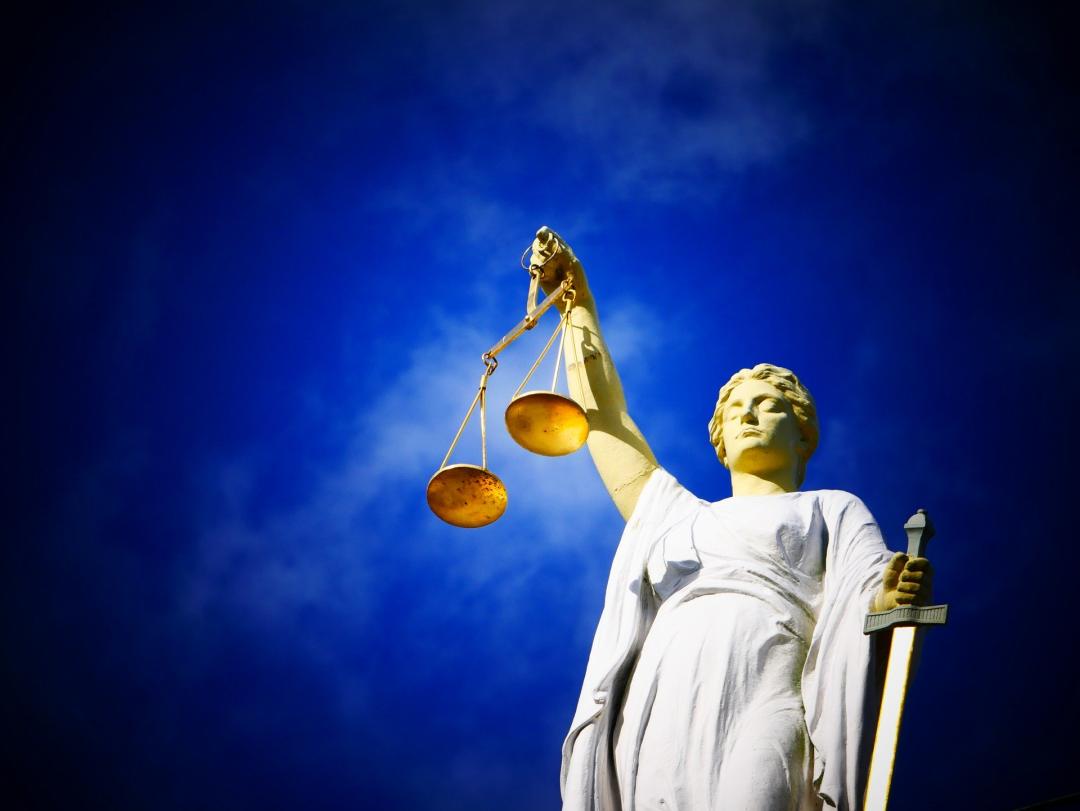
EU express dissatisfaction over Georgia’s court system reform

On 6 October, spokesperson for EU’s external affairs Peter Stano stated that it was regrettable that the Georgian parliament did not wait for the Venice Commission’s recommendations regarding the selection of Supreme Court judges and the new related amendments earlier this year, adding that the recommendations were requested on Georgia’s behalf.
“The European Union will assess the legislation and its implications, taking into account the upcoming Opinion of the Venice Commission, and expects that Georgia will further consider the rules of the selection process in light of the Venice Commission’s recommendations,” Stano emphasised.
The members of the ruling Georgian Dream (GD) party said in reply to Stano’s statement that the decision had to be made before the final plenary session of the 9th convocation of the Parliament. “The GD had prior communication with our partners, and they were fully informed that the fall session would close on exactly 30 September. Our international partners told us that the Venice Commission would only be able to approve of its opinions and recommendations in an October meeting. GD acted responsibly and waited for positions, opinions and conclusions, until the last fall session,“ said the chair of Georgia’s parliament Archil Talakvadze. The first Deputy Speaker of the Georgian Parliament Gia Volski praised the Georgian judiciary system for achieving “a higher ranking than many democratic European courts,” and urged listeners to “not dramatise” Stano’s remarks on the subject. “The factor of trust in the court, which has been stated many times and I will restate it a thousand times, is high,” Volski said, adding that “there are some legal nuances which will probably be explained by the representatives of our respective committees.”
The opposition in Georgia on the other hand perceived Stano’s message as a bad omen for Georgia’s international reputation. Parliament Vice Speaker and opposition party, European Georgia, parliamentarian Sergi Kapanadze warned the ruling GD party that its disregard of international recommendations “will lead to complete isolation from our international partners which will be a catastrophe for Georgia’s national security.” “The message from the Georgian Dream, in this case, to Western partners is that the most important thing for them is what [the GD Chairman] Bidzina Ivanishvili will say, and not what our international partners and the people will think,” Kapanadze concluded.
Alluding to GD naming EU accession as a key priority in its election program, United National Movement (UNM) parliamentarian Salome Samadashvili said that GD’s decision to push through with the court reform bill without awaiting feedback from the CoE demonstrates that the ruling party is not serious about EU membership. “Stano’s statement is further proof that GD is shamelessly lying and deceiving the Georgian people, because [a] country and [a] government seriously considering integration into the EU cannot ignore the recommendations of the Venice Commission,” Samadashvili stated.
On 30 July 2020, the Constitutional Court of Georgia issued a split 4-to-4 ruling, which quashed the appeal from the public defender. The public defender argued that the lack of transparency and arbitrary procedures in a selection process might lead to biased appointments of unqualified judges to the Supreme Court. This could infringe on the right to a fair trial in Georgia. The Georgian Constitutional Court disagreed with the appeal, pointing out that the constitutionality of appointment was guaranteed by the final vote by the Parliament, which makes its political decision, while the High Council of Judges (HCoJ) only has a limited power of nomination.
The group of four judges who refused to revise the disputed norms was incidentally the very same ones whose appointment to the bench has triggered controversy and allegations of them being beholden to the ruling party. These are: Merab Turava – the newly-appointed Chairman of the Constitutional Court known for his involvement in cases such as ownership dispute over Rustavi 2 TV Channel; Manana Kobakhidze – former parliamentarian from the ruling Georgian Dream party-list until 2017 and First Parliamentary Vice-Speaker in 2012-2016; Eva Gotsiridze, a judge whose appointment in 2017 sparked criticism among the opposition and civil society groups due to questions over her pro-government activities as a member of the HCoJ, and rejection of her bid to join the ECtHR on Georgia’s behalf; and Khvicha Kikilashvili, whose delayed appointment as a Constitutional Court Justice in April amid the pandemic was criticised by the civil society outfits, that argued that the state of emergency was misused to avoid the public oversight of the process.
See Also


Armenia Records 5.9% GDP Growth in 2024, Missing 7% Goal

Yerevan Balances Strategic Ties with Both US and Russia, Says Foreign Minister

FM Mirzoyan: Peace Deal with Azerbaijan Is Within Reach

Pashinyan and Erdogan Hold Call, Reaffirm Commitment to Ongoing Dialogue

